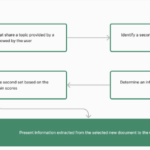Developing social media content can be time-consuming. But recently, there’s been a surge of improvements in the realm of Artificial Intelligence (AI) technology that has the potential to revolutionize the way businesses approach social media marketing, ranging from better analytics, to moderation, and even developing content.
There are a number of social media AI vendors that you can leverage as part of your marketing mix, and there are also tools, such as ChatGPT , that enable marketers to work with AI to create content. But there are pros and cons to using artificial intelligence in your social content creation.
Integrating AI in Social Media Content Development: Balancing Pros and Cons
Let’s start with the pros. First, there’s the increase in e ciency and productivity. AI algorithms can analyze data and provide insights in real-time, allowing marketers to make informed decisions on what type of content to create and share. This helps to save time and increase e ciency by automating repetitive tasks.
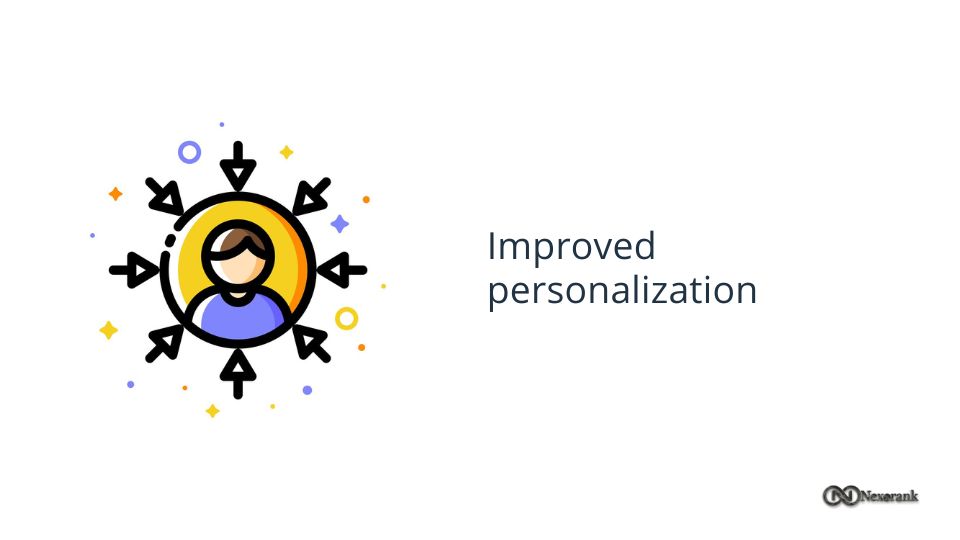
Next, there’s the opportunity for improved personalization. AI algorithms can analyze user data and provide personalized content recommendations based on individual preferences and behaviors. This leads to a more meaningful connection with the target audience and increased engagement.
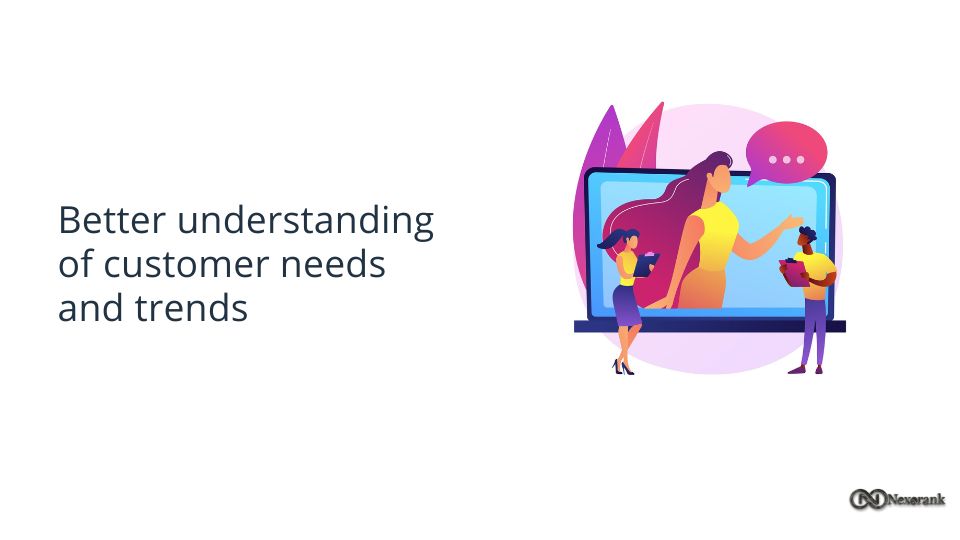
AI also provides a better understanding of customer needs and trends by analyzing social media data to identify patterns in consumer behavior. This provides valuable insights that can help marketers create more relevant content that meets the needs and preferences of their target audience.
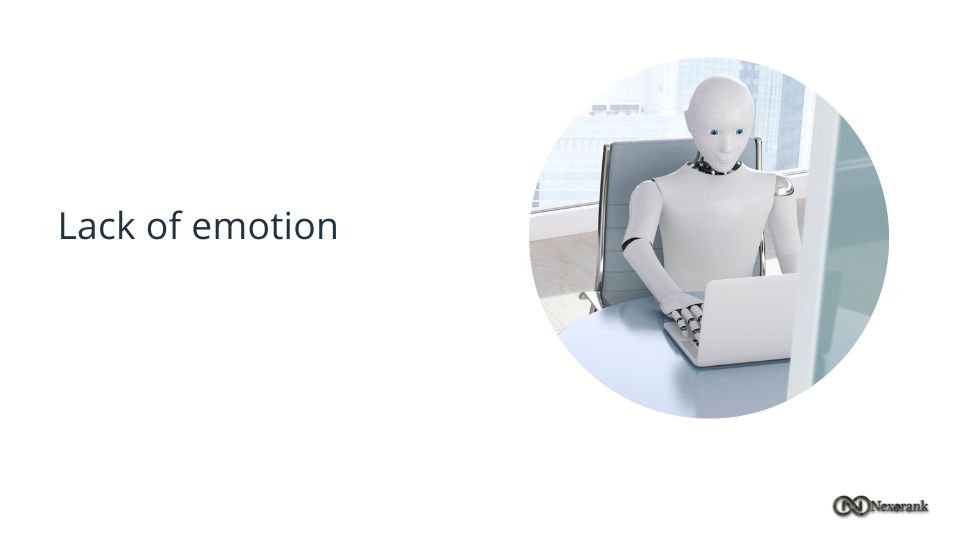
Now, let’s look at the cons. With AI, there’s a lack of emotion since the algorithms aren’t able to understand the emotional nuances of social media interactions. This can result in content that lacks human touch and connection, potentially lowering engagement and a ecting the brand’s reputation.
There’s also worry about the dependence on algorithms. Relying too heavily on AI algorithms can lead to a generic and formulaic approach to content creation, potentially lowering the impact and reach of social media campaigns.
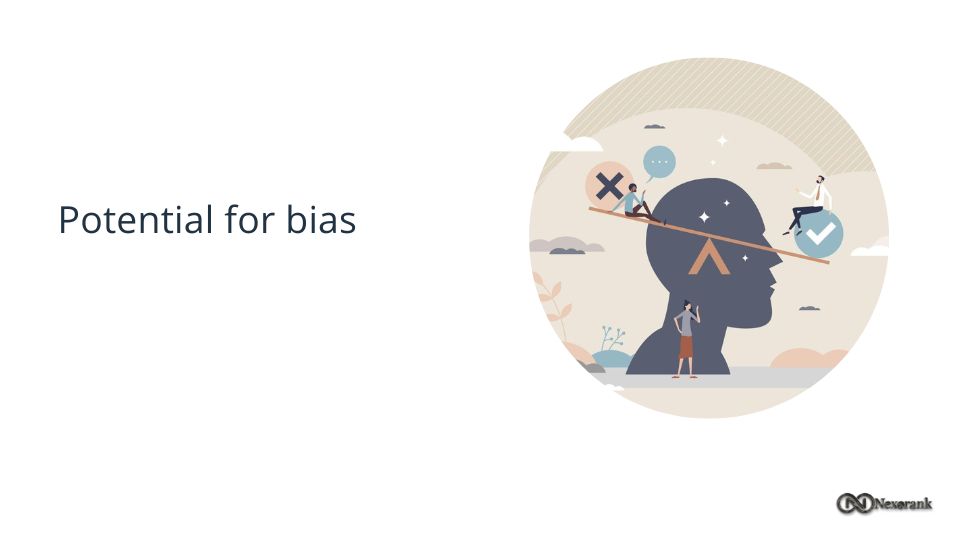
AI also has the potential for bias. The algorithms can be biased based on the data they’re trained with which can lead to incorrect or discriminatory results in content recommendations and analysis, negatively impacting the brand’s reputation.

So how should you be thinking of using AI in your social media content development? First, you need to have a human touch. Algorithms should be used to support, rather than replace human creativity and judgment in content creation. Marketers should ensure that AI-generated content retains a human touch and emotional connection to engage with the target audience.
You’ll also need to be aware of any data privacy and ethical considerations. This includes ensuring that user data is protected and not used in a discriminatory or unethical manner.
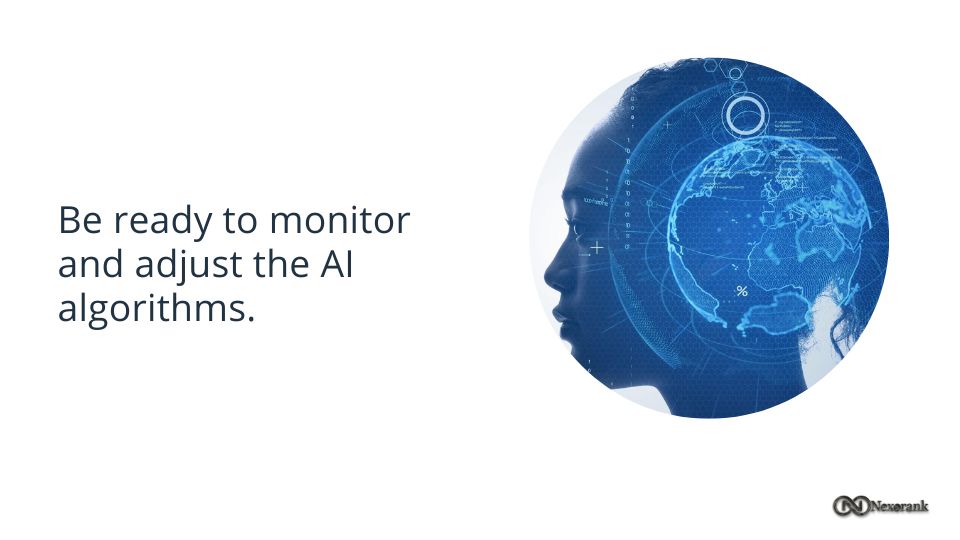
Finally, you need to be ready to monitor and adjust the AI algorithms regularly to ensure that they’re aligned with your brand’s values and goals. This includes regularly reviewing data analysis and insights to ensure accuracy and avoiding potential biases.
Here’s Kate Bradley Chernis, CEO and founder of Lately with more.
Kate Bradley Chernis: In order for social media managers to successfully incorporate AI into their content creation process, they first need to think about what their objective is and be very clear on that. Right? So is your objective to have greater engagement? Is it to save time? Are you so lazy that you want to have nothing to do with marketing and you want to walk away and press a button, and walk away, and go to Borneo?
Be very clear on where you want to spend your time, and I think also being very clear on your capacity for innovation. How willing are you to experiment with something new? There’s a mindset shift that’s required here. It’s not just about welcoming artificial intelligence into your tech stack and into your workflow.
But also, there’s repercussions once you do. For example, with Lately, one of the workflows we’ve embraced is the idea of multiple messaging and by which I mean, the old marketing adage was seven times; seven times you have to hear something, read it, or watch it before it sinks in.
Now, we know it’s two dozen times. Well, so how do you achieve two dozen without being spammy? So, we created a way to do that where the two dozen messages are all totally di erent. But they drive a link back to the same long-form content, for example.
You might also be wondering how you should be balancing authenticity with the idea of using Free AI to generate your social media content. After all, you don’t want your audience thinking they’re talking to a machine. There are a few things to keep in mind, like making sure the AI content aligns with your brand’s tone and style, regularly reviewing and editing the AI-generated content to ensure accuracy and appropriateness, providing value to the audience rather than solely focusing on promoting products/services, and allowing room for human interaction and personal touch in the content.
Will AI replace your need for social content creators? Not so fast.
Kate Bradley Chernis:So the most common misconception around using AI in social media is that it’s designed specifically to replace humans, writers, and marketers altogether. What we’ve found at Lately is the exact opposite. So the idea that AI and humans collaborate for the exponential win is something that we staked our claim on from the beginning. And it was not only an ethical decision, but also because we saw the results themselves. So we’ve literally worked in this workflow and built it into the algorithms, where the more the human teaches the AI or trains it, the smarter and faster it’s able to learn and do its real job, which we believe is to guide the human along, to set the groundwork, to start you on a jumping-o spot that’s much higher than if the human was alone, right? To help you, not to freak you out.
Whether you’re using ChatGPT or one of its many competitors , or if you’re using a third party social media vendor , AI technology can be a powerful option for social media managers when it comes to storytelling and creating content.
With its ability to analyze data, create personalized content, generate text and image-based content, and assist with storytelling, AI technology can help managers understand their audience better and create content that resonates with them. However, it’s important for social media marketers to use it e ectively, balancing the benefits of increased e ciency and improved personalization with the potential drawbacks of a lack of emotion and potential for bias. By following best practices and being mindful of data privacy and ethical considerations, social media marketers can successfully leverage AI to develop social media content that engages and resonates with their target audience.






